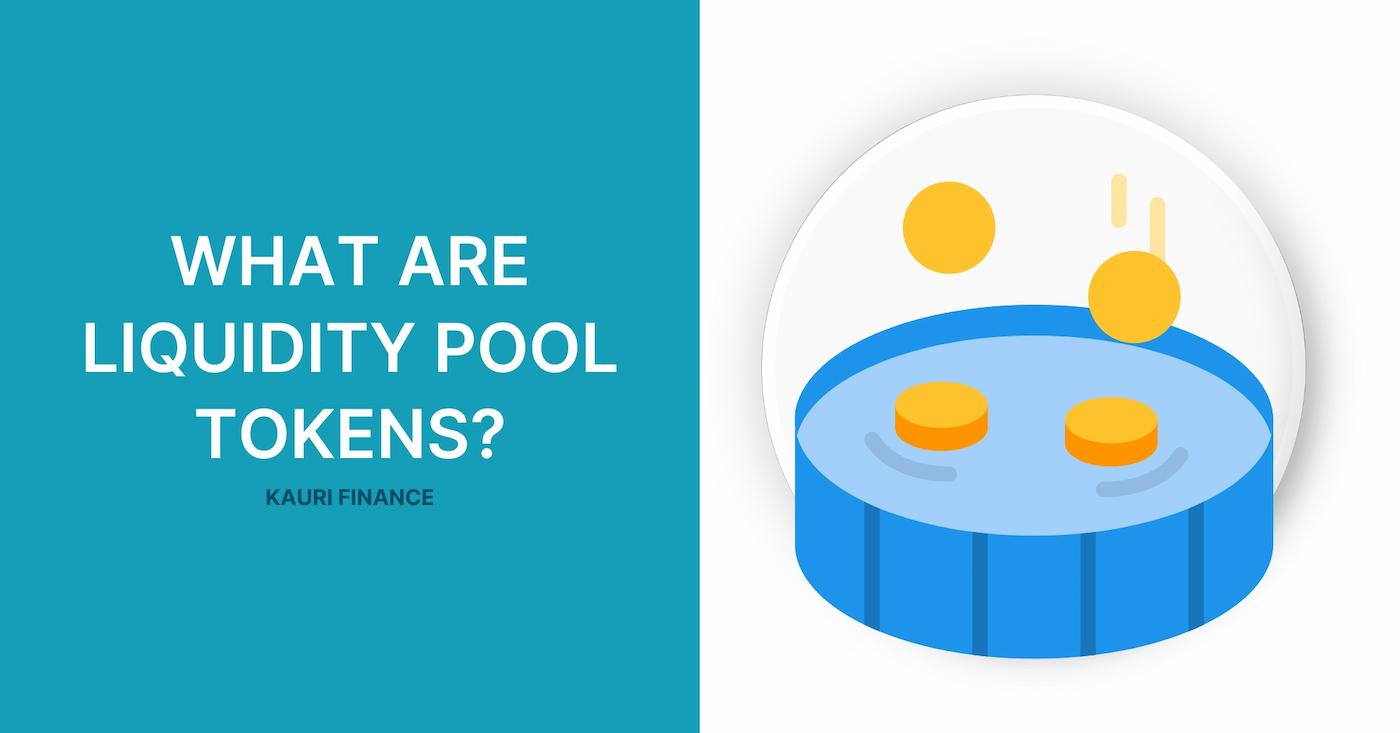
What are Liquidity Pool Tokens?

One of the key components of the DeFi ecosystem are liquid pools, which allow users to share liquidity to exchange tokens, stabilize prices, and facilitate other financial transactions without intermediaries.
Liquidity tokens (LP tokens) play a central role in this system as they provide proof of a user's contribution to a liquid pool. These tokens not only confirm the owner's right to a share in the pool, but also allow the owner to participate in the distribution of commissions earned by the pool and other rewards. In this way, LP tokens become the bridge that connects the provision of liquidity with the possibility of generating income in the DeFi ecosystem.
What are liquidity tokens (LP tokens)?
Liquidity tokens, also known as LP tokens, play an important role in decentralized finance (DeFi). These tokens are issued in exchange for providing assets to liquidity pools on decentralized exchanges (DEX), acting as a kind of receipts for liquidity providers.
LP token features:
- Proof of contribution: LP tokens validate a user's contribution to a liquid pool, allowing token holders to claim their share of assets and earned interest.
- Asset management tool: Users can use LP tokens to participate in voting related to the management of DeFi platforms, or to generate additional returns by staking or participating in other decentralized financial mechanisms.
Technical Features:
LP tokens are typically issued in the ERC-20 standard on the Ethereum blockchain, making them compatible with a wide range of wallets and platforms. They can be transferred, traded or stacked on other protocols within the DeFi ecosystem.
Restrictions and conditions:
While most liquid pools allow users to exchange their LP tokens for initial assets at any time without restrictions, some may charge a penalty for withdrawing funds too quickly. In some cases, waiting a certain amount of time allows you to avoid these penalties.
How do liquidity tokens work?
Liquidity tokens (LP tokens) represent a key element of the decentralized finance (DeFi) ecosystem, allowing users to contribute liquidity to pools and be rewarded for it.
Liquidity provisioning:
Users contribute their assets to a liquid pool on a decentralized exchange (DEX), such as an ETH/DAI pair.
In exchange for the contributed assets, the user receives LP tokens that proportionally reflect their share of the pool's total liquidity.
Use of LP tokens:
- Withdrawal: LP tokens can be used to withdraw initially invested assets from the pool at any time.
- Income generation: LP token holders are entitled to a share of the fees generated by the pool, making LP tokens a passive income tool.
- Participate in governance: Some platforms allow LP tokens to be used to participate in votes on governance and protocol development.
Process for obtaining LP tokens:
Users select a liquid pool on DEX and contribute the required assets (e.g., ETH and DAI in equal value proportion). In exchange for the contribution, the user receives LP tokens, the number of which depends on his share in the pool's total liquidity.
Revenue Distribution:
- Fees from transactions occurring in the pool are distributed to LP token holders in proportion to their share in the pool.
- LP tokens can also be used in other DeFi protocols to earn additional income, for example, by staking or participating in a yield farming program.
This interaction model gives DeFi users the opportunity to actively participate in the platform economy, earning a return on their investment and influencing the development of the protocols through governance mechanisms.
Do LP tokens have value?
LP tokens not only serve as a receipt for liquidity providers in DeFi projects, but also have intrinsic value that depends on several key factors:
Linkage to underlying assets:
The value of LP tokens is directly linked to the assets invested in the liquid pool. If the value of these assets increases, the value of LP tokens increases.
On the other hand, a drop in the value of the underlying assets can cause the value of the LP tokens to decrease.
Commission income:
LP tokens provide holders with a share in the fees generated by trades in the pool. These fees add additional value to LP tokens.
More popular and heavily used DeFi projects can offer high fees, thereby increasing the value of LP tokens.
DeFi project popularity and demand:
The popularity and usage activity of a particular DeFi project affects the demand for LP tokens and thus their value.Projects with a high degree of trust and high trading volume can offer more valuable LP tokens.
Market Demand:
Like any other asset, the value of LP tokens can fluctuate based on market supply and demand. Investors looking for opportunities to diversify their portfolios and participate in DeFi may increase demand for LP tokens.
- It is important to note: despite the potential profitability, owning LP tokens also involves risks such as impermanent loss due to the volatility of the underlying assets. Therefore, investors should carefully assess the risks and make an informed choice when investing in liquid pools.
Conclusion
LP tokens play an important role in the development and prosperity of the decentralized finance (DeFi) ecosystem by offering investors unique income opportunities. They not only help increase liquidity on decentralized exchanges, but also open the door to a world of high returns for investors through yield farming and staking mechanisms.
However, investing in LP tokens requires careful analysis and a thorough understanding of the risks involved.
Kauri Finance is committed to supporting users and investors in DeFi by providing educational resources, tools and services to better manage and invest in LP tokens. With Kauri Finance's convenient and secure solutions, users can easily integrate into the world of DeFi, minimizing their risk and increasing their return potential.
Specifically, Kauri Finance offers the following features for its users:
- Educational materials and guides on how to work with LP tokens and DeFi strategies.
- Non-custodial wallets for safe storage of LP tokens and other assets.
- Integration with leading DEXs, making yield farming and staking easier.
- A user interface that simplifies the management of investments in DeFi.
Understanding the complexities and risks associated with investing in LP tokens, Kauri Finance is focused on making DeFi more accessible and understandable to a wide audience. With Kauri Finance, users can not only navigate the world of DeFi with confidence, but also maximize its potential for revenue generation.
